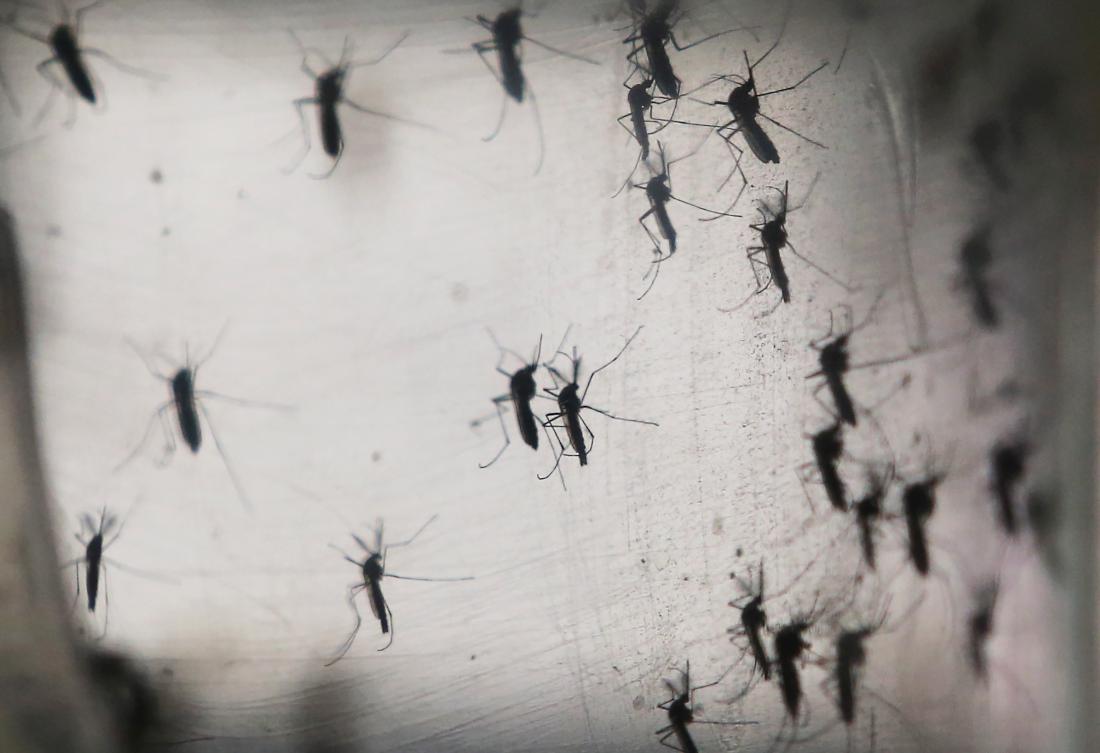
Conventional storage water heaters remain the most popular type of water heating system for the home. Here you'll find basic information about how storage water heaters work; what criteria to use when selecting the right model; and some installation, maintenance, and safety tips.
How They Work
A single-family storage water heater offers a ready reservoir from 20 to 80 gallons of hot water. It operates by releasing hot water from the top of the tank when you turn on the hot water tap. To replace that hot water, cold water enters the bottom of the tank, ensuring that the tank is always full.
Conventional storage water heater fuel sources include natural gas, propane, fuel oil, and electricity. Natural gas and propane water heaters basically operate the same. A gas burner under the tank heats the water. A thermostat opens the gas valve as the water temperature falls. The valve closes when the temperature rises to the thermostat's set point. Oil-fired water heaters operate similarly, but they have power burners that mix oil and air in a vaporizing mist, ignited by an electric spark. Electric water heaters have one or two electric elements, each with its own thermostat. With two electric elements, a standby element at the bottom of the tank maintains the minimum thermostat setting while the upper demand element provides hot water recovery when demand heightens.
Because water is constantly heated in the tank, energy can be wasted even when a hot water tap isn't running. This is called standby heat loss. Only tankless water heaters such as demand water heaters and tankless coil water heatersavoid standby heat losses. However, you can find some storage water heater models with heavily insulated tanks, which significantly reduce standby heat losses, lowering annual operating costs. Look for models with tanks that have a thermal resistance (R-Value) of R-12 to R-25.
Gas and oil water heaters also have venting-related energy losses. Two types of water heaters a fan-assisted gas water heater and an atmospheric sealed-combustion water heater reduce these losses. The fan-assisted gas water heater uses a draft-induced fan that regulates the air that passes through the burner, which minimizes the amount of excess air during combustion, increasing efficiency. The atmospheric sealed-combustion water heater uses a combustion and venting system that is totally sealed from the house.
You might also want to consider some less conventional storage water heatersheat pump water heaters and solar water heaters. These water heaters are usually more expensive but they typically have lower annual operating costs.
Selecting a Storage Water Heater
The lowest-priced storage water heater may be the most expensive to operate and maintain over its lifetime. While an oversized unit may be alluring, it carries a higher purchase price and increased energy costs due to higher standby energy losses.
Before buying a new storage water heater, you need to consider the following:
For information about specific products, see the Product Information resources listed under Learn More on the right side of this page (or below if you've printed it out).
Installation and Maintenance
Proper installation and maintenance of your water heater can optimize its energy efficiency.
Proper installation depends on many factors. These factors include fuel type, climate, local building code requirements, and safety issues, especially concerning the combustion of gas- and oil-fired water heaters. Therefore, it's best to have a qualified plumbing and heating contractor install your storage water heater. Be sure to do the following when selecting a contractor:
- Request cost estimates in writing
- Ask for references
- Check the company with your local Better Business Bureau
- See if the company will obtain a local permit if necessary and understands local building codes, etc.
If you're determined to install it yourself, first consult the water heater's manufacturer. Manufacturers usually have the necessary installation and instruction manuals. Also, contact your city or town for information about obtaining a permit, if necessary, and about local water heater building codes.
Periodic water heater maintenance can significantly extend your water heater's life and minimize loss of efficiency. Read your owner's manual for specific maintenance recommendations.
Routine maintenance for storage water heaters, depending on what type/model you have, may include:
- Flushing a quart of water from the storage tank every three months
- Checking the temperature and pressure valve every six months
- Inspecting the anode rod every three to four years.
Improving Energy Efficiency
After your water heater is properly installed and maintained, try some additional energy-saving strategies to help lower your water heating bills. Some energy-saving devices and systems are more cost-effective to install with the water heater
 Print
Print Email
Email







